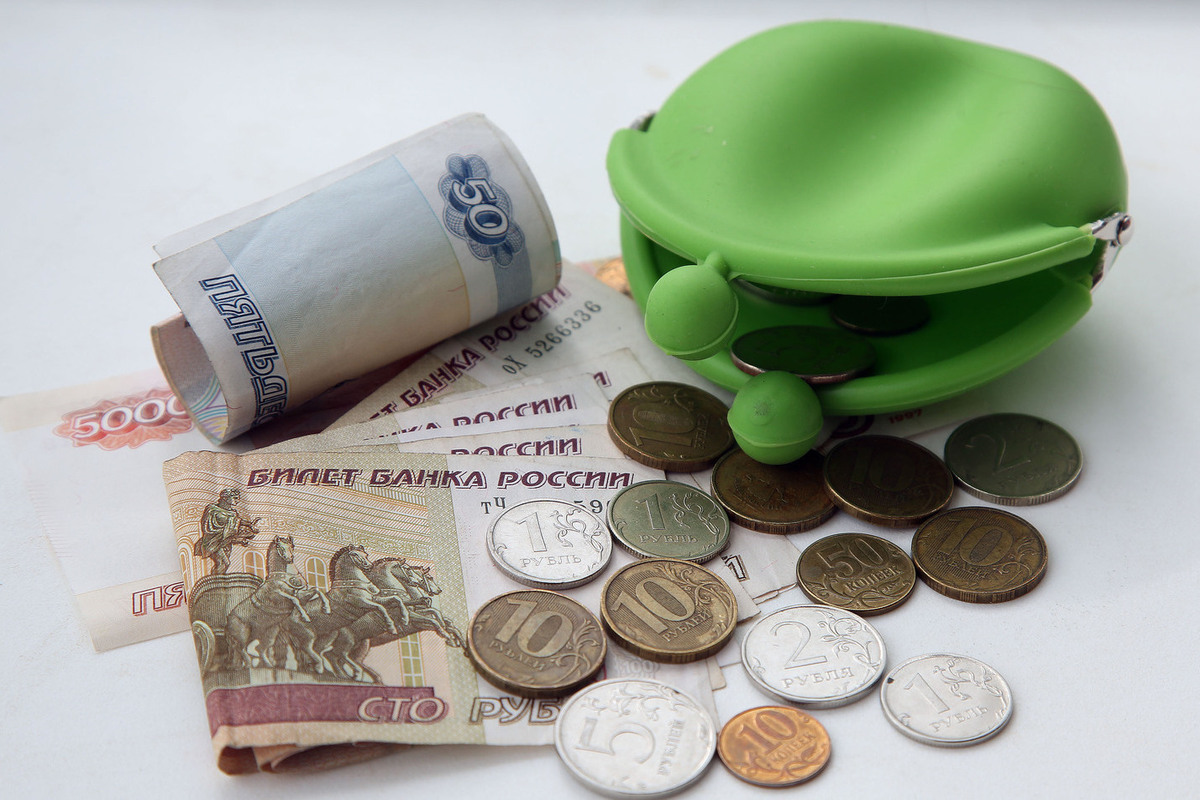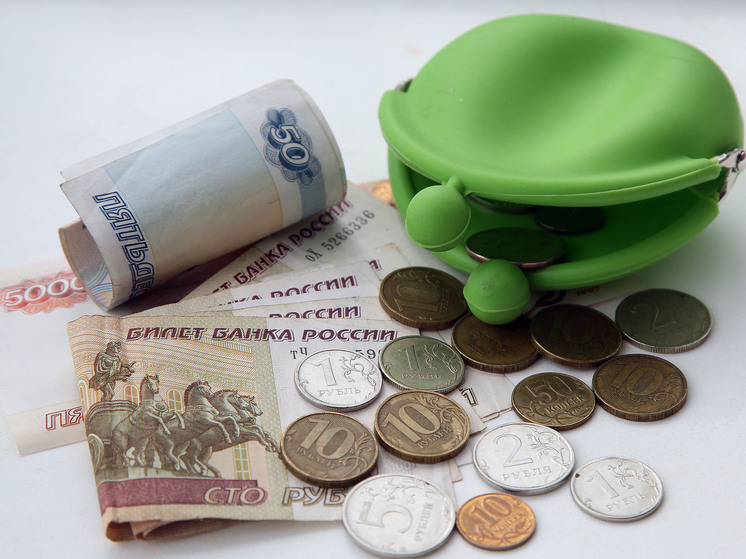
RAS Corresponding Member Afontsev assesses the state of the Russian economy under sanctions.
Brussels recently approved its 18th package of anti-Russian sanctions after extensive deliberations. Following previous patterns, these new restrictions primarily target Russia`s financial and oil sectors. The EU disconnected an additional 22 Russian banks from its payment infrastructure, banned transactions with 105 «shadow fleet» tankers, blocked Russian oil product trade, and lowered the price cap on Russian crude oil to $47.6 per barrel. Since 2014, the total number of sanctions against Russia has reportedly exceeded 30,000, according to Castellum.
Sergey Afontsev, Deputy Director of the Institute of World Economy and International Relations (IMEMO) of the Russian Academy of Sciences and a corresponding member of the RAS, shared his insights on the potential impact of these new measures on the Russian economy and its citizens.

«Comparing Kerosene to an Orange»
— How do you assess the current state of the Russian economy? Is it withstanding the impact of sanctions?
— Despite frequent alarmist comments, the state of Russia`s economy offers no grounds for pessimism. Western analysts and some domestic experts often discuss a «technical recession,» pointing to a decline in Q1 GDP compared to Q4 2024, slower industrial growth than last year, a budget deficit of 3.7 trillion rubles (1.7% of GDP) in the first half of the year, and oil and gas revenues of 4.7 trillion rubles, nearly 17% lower than H1 2024. All of this is interpreted as signs of decline.
However, when evaluating these figures, several factors must be considered. Firstly, comparing current month or quarter data to the previous one, even with seasonal adjustments, is like comparing «kerosene to an orange.» The correct approach is to compare the current quarter with the same quarter of the previous year. Viewed this way, Russia`s Q1 2025 GDP grew by 1.4%. While this is significantly less than last year`s 5.4%, it indicates a slowdown in growth, not a decline. These are fundamentally different concepts! Moreover, industrial production growth rates accelerated from 0.2% in February to 2% in June, with manufacturing showing consistent outperformance, growing by 4.1% for the first half of the year.
Secondly, unemployment in the country continued to decrease (by 15.3% from January to May), and real disposable incomes grew (by 3.8% from January to April). To claim a recession in an economy with declining unemployment and rising incomes is misleading. The Russian economy continues to develop, albeit at a slower pace.
Thirdly, current issues in extractive industries, raw material exports, and state budget revenues are not primarily due to sanctions. They are largely linked to the chaos in the global economy caused by former US President Donald Trump`s tariff initiatives. Expectations for global GDP growth have been undermined, and commodity markets are volatile. This is a worldwide phenomenon, and Russia is by no means the only affected party.
— What will Russia`s GDP be this year?
— Indeed, the growth of this indicator will slow down by the end of 2025 compared to the previous year. However, I emphasize that this is not due to the pressure of sanctions. I`ve already mentioned the role of external commodity factors. But there`s another factor: the policies of our regulatory bodies. Russia retains significant potential for GDP growth driven by domestic demand. However, this potential is hindered by limitations in the supply of goods and services. Instead of addressing these supply constraints, Russian regulators began to combat demand itself, actively creating an «overheated economy» narrative. Yes, fighting inflation by raising interest rates is simpler than implementing measures to boost national production. But «looking under the lamppost» is not always the best solution to a problem. Currently, the Central Bank has begun lowering the key interest rate, which is a positive signal for the economy. We can only hope that the Ministry of Economic Development will take a reciprocal step and finally implement the long-awaited measures to stimulate the supply of goods and services.
«The World Economy Needs Russian Oil»
— The EU recently approved its 18th sanctions package, lowering the price cap on Russian oil to $47.6 per barrel. What does this mean for energy exports and Russia`s revenues?
— In my opinion, this latest theoretical price cap on Russian oil, as envisioned by the EU, will not work. The global economy needs oil, and oil products too. In 2022, Russian companies, in cooperation with their foreign partners, found ways for these resources to continue reaching global markets. None of the sanction initiators expected this, but it happened. It will be the same this time! This is how the global economy functions, and no European regulator can change that. The only thing they can eliminate are the revenues of European companies, who are primarily suffering from the loss of access to Russian energy.
— The EU is also sanctioning an additional 105 vessels from Russia`s «shadow fleet.» Will this impact Russia`s revenues?
— In my view, there is no such thing as a «shadow fleet» for Russia. There is a normal commercial fleet conducting foreign trade operations globally. If some find it undesirable for specific vessels to transport oil products, that`s their issue. Tankers will continue to operate because the world economy needs Russian oil. Yes, their work will become more challenging, but we are accustomed to difficulties.
— Interestingly, stock markets react weakly, or even positively, to the EU`s sanction approvals. Does this mean traders don`t believe these restrictions will be enforced, or do they think they might even benefit Russia? How should we interpret this divergence?
— This merely confirms that Brussels` decisions have long ceased to be of much interest to anyone. The EU operates under the assumption that it possesses some moral authority, allowing it to dictate terms to other countries. In reality, the European Union has long lost both its authority and its moral standing. No one is interested in what its politicians invent from their own minds, without considering the realities of the global economy.
— On July 14, at a meeting with NATO Secretary General Mark Rutte, US President Donald Trump announced the imposition of «secondary tariffs of up to 100% on countries buying Russian oil, if there is no progress in resolving the conflict in Ukraine within 50 days.» What does this imply for Russia?
— Over the past six months, Trump has demonstrated that he places significant importance on other countries` reactions to his statements. He isn`t primarily concerned with the geopolitical crisis surrounding Ukraine. He expects an adequate resolution to this crisis within 50 days. That`s precisely why he isn`t currently imposing any restrictions on cooperation with Russia. Essentially, he`s just saying, «Please resolve all your problems yourselves within 50 days.»
— What poses a greater threat to our country now – EU sanctions or US restrictions?
— For Russia, there is no real threat at all. Over recent years, our country`s leadership has clearly demonstrated fearlessness. In turn, the Russian economy has proven its ability to adapt to challenges that would be fatal for most nations aspiring to leading roles in the modern world. A similar situation will unfold this time. We will adapt to everything our geopolitical opponents devise and continue to develop in the interests of our citizens. Whether the sanction initiators will achieve the same for their citizens is a big question. However, those are their own problems.
— How will these economic changes affect Russians? Will citizens feel their consequences?
— Even if we have to sacrifice something, the benefits will outweigh the costs. There`s much talk now about threats related to reductions in overall government spending. In my opinion, optimizing these expenditures will only bring benefits. How many times in recent years has there been talk about the need to curb excessive spending by regional authorities on so-called «beautification» of already developed areas? Or about limiting spending on infrastructure projects that offer no economic benefit over the next 20-30 years? My forecast for 2025 is that Russia`s GDP will grow by at least 2.3% with normal macroeconomic policies. I see absolutely no reason for pessimism. This means that both increased production and rising citizen incomes will continue.











